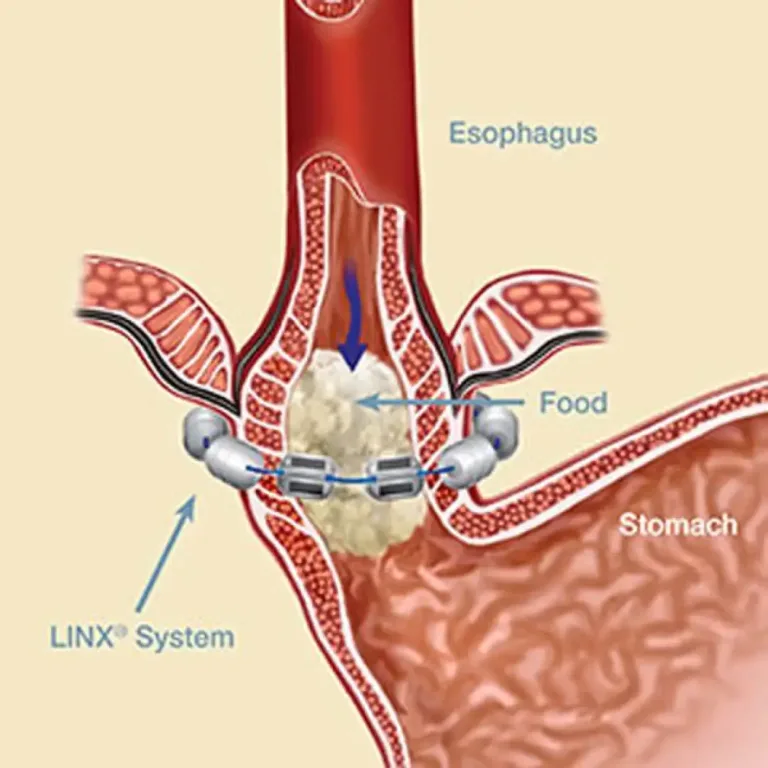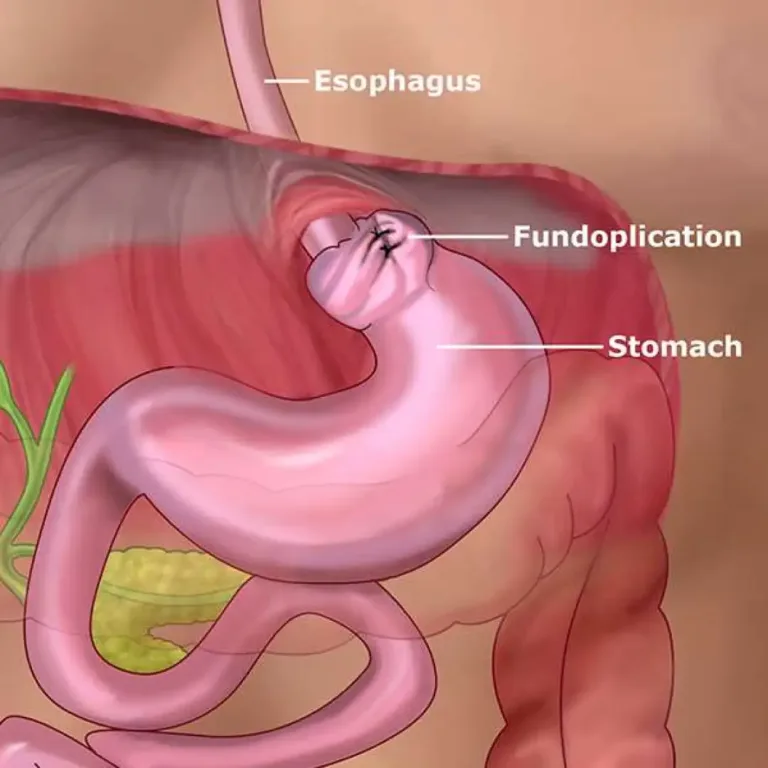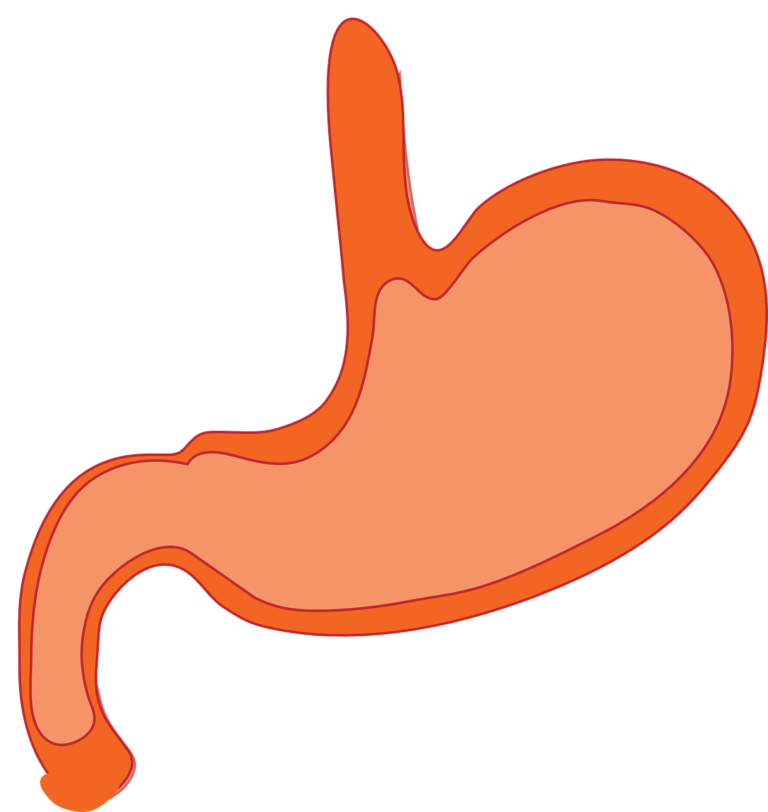When we think about maintaining a healthy gut, probiotics and prebiotics often come to mind. However, there’s another essential player in the world of gut health that deserves our attention – postbiotics. Postbiotics, a term gaining recognition in nutrition and health, represent the byproducts of probiotic activity in our bodies. This article will explore postbiotics, their potential health benefits, and the sources that can help you incorporate them into your daily routine.
Understanding Postbiotics
Postbiotics are the metabolic products produced by probiotics as they feed on dietary fibre in our gut. These compounds result from fermentation, a natural part of probiotic activity. The most prominent postbiotic types include short-chain fatty acids (SCFAs), vitamins, and peptides. Unlike probiotics, which are living microorganisms, and prebiotics, which are food for these microorganisms, postbiotics are non-living, bioactive compounds generated during fermentation.
Types of Postbiotics
- Short-chain fatty Acids (SCFAs) include butyric acid, propionic acid, and acetic acid. SCFAs are crucial in maintaining gut health and are known for their anti-inflammatory properties.
- Vitamins: Probiotics can produce various vitamins, such as B and K, essential for overall health.
- Peptides: These small proteins have antioxidant and immunomodulatory properties, helping regulate the immune system and reduce oxidative stress.
Health Benefits of Postbiotics
- Gut Health: Postbiotics help maintain a balanced gut microbiome by promoting the growth of beneficial bacteria and inhibiting harmful microorganisms.
- Immune Support: The compounds generated by postbiotics can strengthen the immune system, reducing the risk of infections and inflammation.
- Anti-Inflammatory Effects: SCFAs, in particular, exhibit potent anti-inflammatory properties that may help alleviate symptoms of inflammatory bowel diseases and other conditions.
- Metabolic Health: Postbiotics may positively impact metabolic health by regulating blood sugar levels, lipid metabolism, and appetite control.
- Protection Against Oxidative Stress: Peptides derived from postbiotics can act as antioxidants, protecting cells from damage caused by oxidative stress.
Sources of Postbiotics
- Fermented Foods: Consuming fermented foods like yoghurt, kefir, sauerkraut, kimchi, and kombucha can introduce postbiotics into your diet.
- Dietary Fiber: Postbiotics are primarily produced when probiotics break down dietary fibre. Therefore, increasing your fibre intake through fruits, vegetables, and whole grains can support the generation of postbiotics.
- Probiotic Supplements: While not a direct postbiotic source, taking probiotic supplements can stimulate postbiotic production in your gut.





